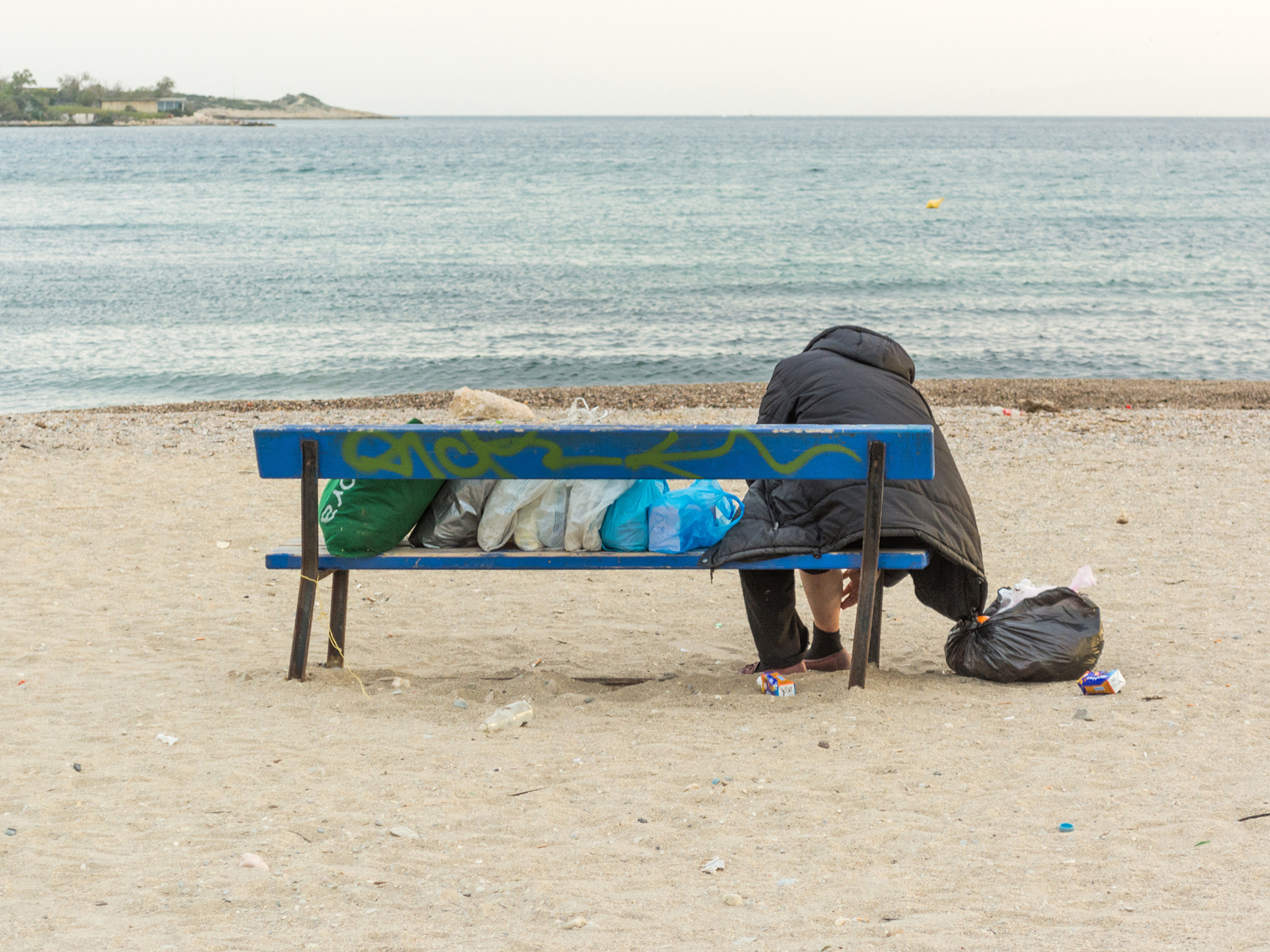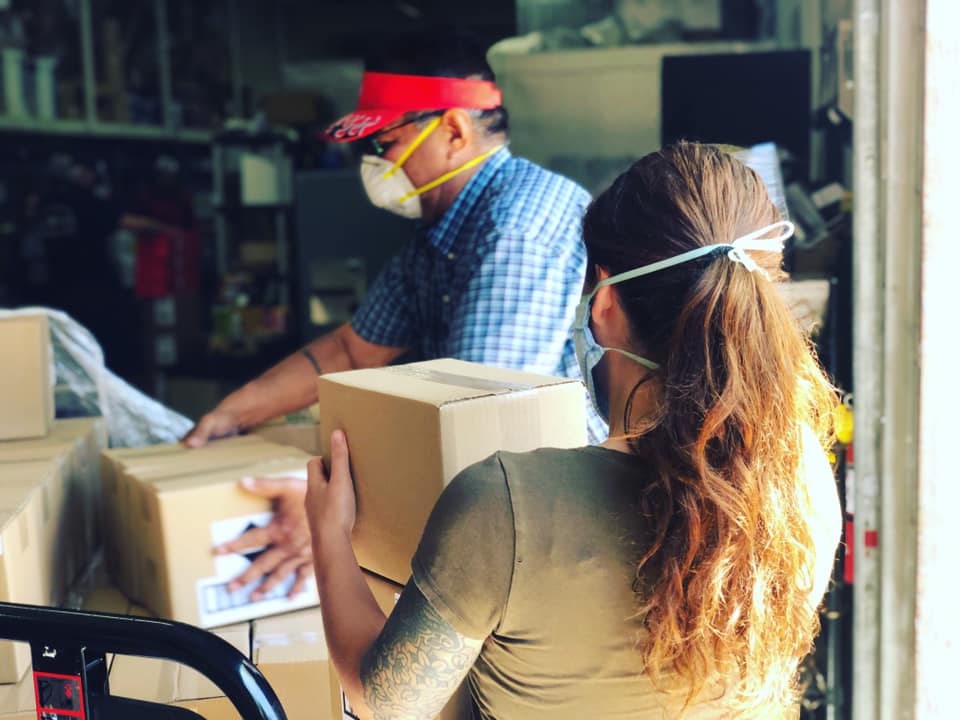Wayne Martin Mellinger, Ph.D.
Until it happened to me, I didn’t think homeless people had it that bad. I’d often see them, carrying those enormous backpacks with sleeping rolls. It took me having my eyes opened up through first hand experiences before I really saw the suffering and actually got involved in social justice work. My journey through homelessness has given me the opportunity to confront horrible, ugly and unacceptable realities that were largely hidden from me prior to my becoming homeless.
I have bipolar disorder and experience devastating episodes of major depression in which I lose the motivation to keep on going and can become suicidal and dysfunctional. To cope with these powerfully dark moods, I have self-medicated with illicit stimulants which elevate my spirits and make life seem worth living again. These challenges have led me to become homeless three times in the past 17 years, to repeatedly lose all my possessions and to become involved in our criminal justice system.
My time on the streets, living in shelters and enrolled in rehabilitation programs, and later working as a social worker in such programs has allowed me to bear witness to innumerable social injustices.
People with mental health challenges, physical disabilities, and other major life obstacles often lack access to care, housing, and public assistance; they must fend for themselves in the dog-eat-dog environment which comprises contemporary urban homelessness. Because I have spent a decade immersed within the social worlds of those who have the triple challenges of mental illness, addiction, and homelessness, I feel an obligation to testify in public about what I have witnessed.
I have seen the human consequences of a society without an adequate safety net to prevent people from free falling to the bottom. I have seen the outcome of often indifferent civic leaders who year after year underfund the very programs needed to allow people to lead lives of dignity and worth. I have seen communities that seem not to care as people needlessly suffer and even die, often more concerned with shopping for trendy consumer items than knowing the pain of their fellow brothers and sisters on the streets.
Many of these people getting no care and having no place to go lead tragic lives filled with enormous suffering. Each of the women I have met sharing these three has been repeatedly sexually assaulted. Most others, both men and women, have been victims of other forms of violent crime. Many cycle in and out of jails, emergency rooms and homeless shelters in what has been dubbed “the revolving door” – never receiving the integrated and sustained psychiatric treatment they need.
These people getting no care at all and having no place to go have been a major contributor to the increase in homelessness. Locally it is estimated that about half of the one thousand people on the streets of Santa Barbara suffer some form of mental illness. Half of those suffer from substance abuse issues. Hundreds of people live on the streets, including people in wheelchairs, people with untreated yet severe mental health challenges, elderly people, and youth.
To bear witness to injustice is to tell a story about our world based upon firsthand observation of real-life circumstance, fueled by moral outrage, concerned for the common good, and promoting social change. The stories we tell about our world certainly do matter. When these stories interweave moral outrage and visions of justice they can inspire us to imagine a better world. When our stories provide a sense of history, social responsibility and concern for the common good, they can foster a democracy rooted in the public interest and promote a society that embraces an inclusive social contract.
Grounded in congregations, neighborhoods and communities, and inspired by our own witnessing of injustice, we at CLUE hope to empower and walk along side, those who have been silenced, displaced and marginalized. Together we can transform the structural conditions which deny them justice.
This is a model of social change in which we aim to transform the very structures of our social world and get to the root causes of our social ills through strategic actions. While charitable acts are often needed, they are not enough! These strategic actions are spiritual practices embodying our life-affirming values, including non-violence, compassion, social justice and respect for the dignity and worth of all life forms.




